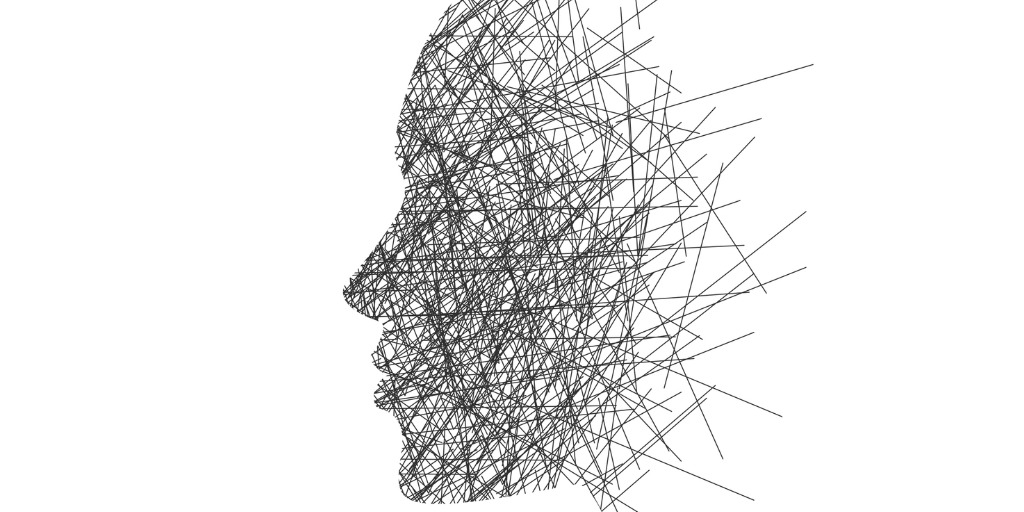Becoming an adult attachment-focused therapist

The theory of attachment clearly describes attachment as a lifelong phenomenon. For adults, early attachment experiences continue to impact adult relationships and self-perception. However, most therapy for adults don’t incorporate an understanding of attachment and therapeutic interventions based on attachment principles.
This training will teach you the categories of adult attachment and how to assist your adult clients to progress from being insecurely attached adults to securely attached adults. This training will present a model of therapy that will shift your theoretical framework to attachment-focused therapy. This model serves multiple purposes in adult attachment therapy. It helps assess adult attachment categories and recognizes how early childhood experiences shape personality development. The model guides clients through the process of understanding their adult attachment patterns. Additionally, it assists clients in mourning their losses and longings. Finally, it encourages clients to risk change, aiming to develop secure and autonomous adult attachments.
As a therapist, you will develop awareness of your own attachment style and its importance in the reparative process of therapy.
Learning objectives:
- Recognize adult attachment categories
- Assess adult attachment using patterns of behaviour
- Introduction to a modified form of the adult attachment interview
- Use attachment as a paradigm for understanding mental health diagnoses
- Recognize the adult brain and attachment
- Introduction on how to use the model of attachment-focused therapy for adults
- Make attachment the paradigm for therapeutic change



